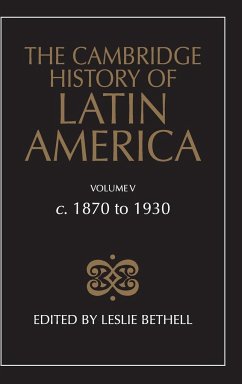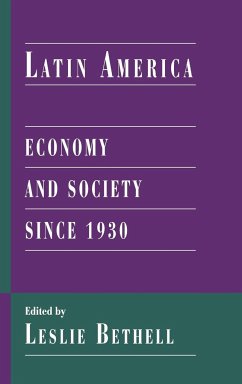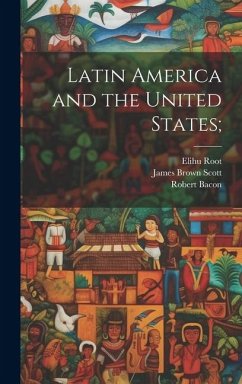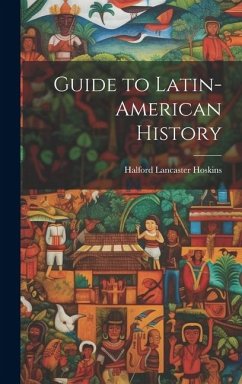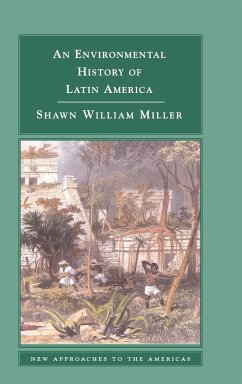
An Environmental History of Latin America
Versandkostenfrei!
Versandfertig in 1-2 Wochen
88,99 €
inkl. MwSt.
Weitere Ausgaben:

PAYBACK Punkte
44 °P sammeln!
A narration of the mutually mortal historical contest between humans and nature in Latin America. Covering a period that begins with Amerindian civilizations and concludes in the region's present urban agglomerations, the work offers an original synthesis of the current scholarship on Latin America's environmental history and argues that tropical nature played a central role in shaping the region's historical development. Human attitudes, populations, and appetites, from Aztec cannibalism to more contemporary forms of conspicuous consumption, figure prominently in the story. However, character...
A narration of the mutually mortal historical contest between humans and nature in Latin America. Covering a period that begins with Amerindian civilizations and concludes in the region's present urban agglomerations, the work offers an original synthesis of the current scholarship on Latin America's environmental history and argues that tropical nature played a central role in shaping the region's historical development. Human attitudes, populations, and appetites, from Aztec cannibalism to more contemporary forms of conspicuous consumption, figure prominently in the story. However, characters such as hookworms, whales, hurricanes, bananas, dirt, butterflies, guano, and fungi make more than cameo appearances. Recent scholarship has overturned many of our egocentric assumptions about humanity's role in history. Seeing Latin America's environmental past from the perspective of many centuries illustrates that human civilizations, ancient and modern, have been simultaneously more powerful and more vulnerable than previously thought.





